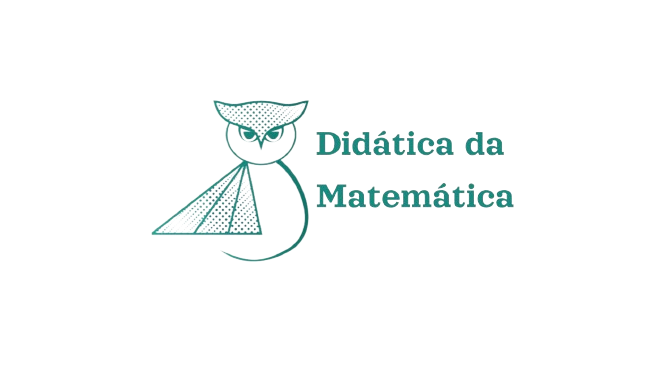O campo de pesquisa em didática pode ser denotado por Δ̂. Em Δ̂ considerada como uma instituição, existem diferentes posições de pesquisador r̂, entre as quais está a posição ρ̂ dos pesquisadores em didática que atuam no âmbito da TAD. Os pesquisadores em didática são genericamente denotados pela letra ξ. Do ponto de vista da TAD, as posições r̂ (incluindo ρ̂) não têm prerrogativa nem privilégio no que diz respeito às suas relações com os objetos o. Sempre que r̂ é apresentado como uma posição de “especialistas” de um objeto o em Δ̂, pode-se ficar tentado a pensar que a afirmação “absoluta” R(î, o) ≠ ∅ na verdade significa: r̂ ⊦ R(î, o) ≠ ∅. A TAD postula que esta declaração não tem privilégios especiais sobre outras declarações da forma ĵ ⊦ R(î, o) ≠ ∅. Muitas vezes, a posição r̂ depende de uma posição p̂ considerada a de “verdadeiros especialistas” de o, com R(p̂ , o) sendo o critério último para julgar R(î, o). Essa atitude de r̂ em relação a p̂ é arriscada, pois pode gerar uma ilusão de domínio (em relação à o) nos pesquisadores ξ na posição r̂, o que por sua vez pode sufocar o esforço de ξ de dar sentido à realidade observada, incluindo R(p̂ , o). Ora, o que interessa ao pesquisador ξ como tal? São as condições que podem fazer uma relação R(î, o) evoluir, em particular que podem fazer com que a instância î venha a conhecer o objeto o “melhor”. Para avançar, ξ precisa dar um passo para o lado. Para tanto, consideramos uma instância ŵ chamada instância de referência, que pode ser qualquer instância; o prefixo r̂ ⊦ é doravante substituído pelo prefixo ŵ ⊦, e portanto, perguntaremos, por exemplo, se ŵ ⊦ R (î, o) ≠ ∅ ou ŵ ⊦ R (î, o) = ∅. Claro, podemos focar novamente a análise em r̂ tomando ŵ = r̂. A introdução da instância de referência ŵ abre caminho para a introdução das noções-chave de núcleo cognitivo e possivelmente de situação didática.
Texto Original
Research in didactics and the plurality of instances. The field of research in didactics may be denoted by Δ̂. In Δ̂ regarded as an institution, there exist different researcher positions r̂, among which is the position ρ̂ of the researchers in didactics working in the framework of the ATD. Researchers in didactics are generically denoted by the letter ξ. From the point of view of the ATD, the positions r̂ (including ρ̂) have neither prerogative nor privilege as concerns their relations to objects o. Whenever r̂ is presented as a position of “specialists” of an object o in Δ̂, one may be tempted to think that the “absolute” statement” R(î, o) ≠ ∅ actually means : r̂ ⊦ R(î, o) ≠ ∅. The ATD posits that this statement has no special privileges over other statements of the form ĵ ⊦ R(î, o) ≠ ∅. Quite often, the position r̂ relies on a position p̂ reputed to be that of “true specialists” of o, with R(p̂, o) being the ultimate criterion to judge R(î, o). This attitude of r̂ towards p̂ is a risky one, for it can generate an illusion of mastery (relating to o) in the researchers ξ in position r̂, which in turn may stifle ξ’s effort to make sense of the reality observed, including R(p̂, o). Now what is of interest to the researcher ξ as such? It is the conditions that can make a relation R(î, o) evolve, in particular that can make the instance î come to know the object o “better”. To move forward, ξ has to take a step aside. To this end, we consider an instance ŵ called the instance of reference, which can be any instance; the prefix r̂ ⊦ is henceforth replaced by the prefix ŵ ⊦, and we will therefore ask, for example, whether ŵ ⊦ R(î, o) ≠ ∅ or ŵ ⊦ R(î, o) = ∅. Of course, we can refocus the analysis on r̂ by taking ŵ = r̂. The introduction of the reference instance ŵ opens the way for the introduction of the key notions of cognitive nucleus and possibly didactic situation.
